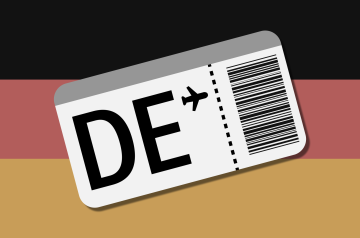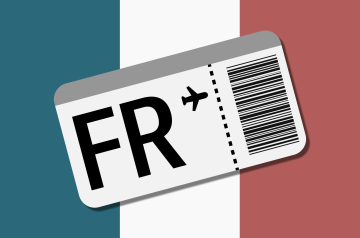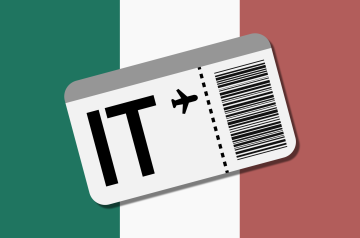Moving to Spain
Spain is one of the most desirable countries to live in, thanks to its culture, climate, and cuisine, to name but a few. But what do you need to live in Spain? Is residency hard to get? We’ll answer these questions and more.
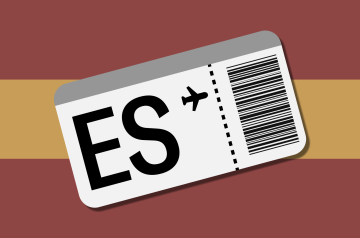
Legal requirements to live in Spain
Here are the documents and procedures to follow to live legally in Spain:
- Obtain a residency permit.
- Rent a home.
- Register with Social Security.
- Get an NIE (Foreigner Identity Number).
- Get registered on the Electoral Roll.
- Get a TIE (Foreigner Identity Card).
- Register as self-employed if you’re going to work as a freelancer.
1. Apply for your residency permit
This is the first step—and perhaps the most difficult, as it depends on multiple factors to get residency in Spain. When it comes to duration, the residency may be temporary or permanent, and there are different types: residency as a student, an entrepreneur, and a highly qualified professional.You can opt for any of them if you meet the requirements—but whichever you choose, you must complete this process in order to reside legally in the country.
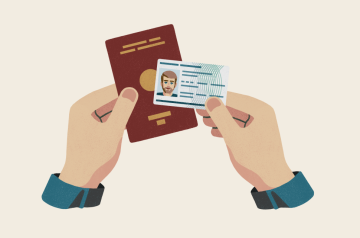
2. Check rental requirements
With your residency permit in hand, you’re ready to choose a place to rent. However, finding a place in Spain isn’t easy—and to rent a place safely, you’ll need several documents throughout the process.Madrid and Barcelona are among the most expensive areas to rent in Spain, with rentals starting around €850, while the most affordable apartments in the country are in Ourense (starting at €350) and Castellón (starting at €400).
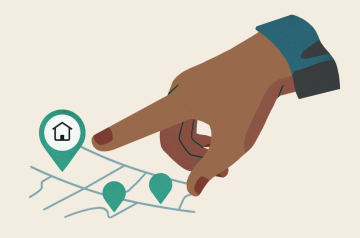
3. Register for Social Security
Social Securityis how you access most of the benefits of living in Spain: free health care, pensions, etc.There are different ways of registering according to your particular situation in the country, so take a good look at your case and bear it in mind before emigrating to Spain.

4. Get an NIE
The NIE (Foreigner Identity Number) is the number identifying any foreigner residing in Spain. It is equivalent to the DNI (National Identity Document) for Spanish nationals.It’s a number that you’ll be asked for in order to complete most formalities in the country—for example, from opening a bank account to taking out medical insurance—so make sure it’s on your list of priorities.
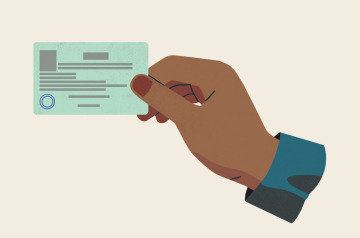
5. Register on the Electoral Roll
If you’re not on the Electoral Roll, you don’t exist (at least not to the Council). This register keeps tabs on all the residents in an area, in addition to verifying the length of residence of each individual in Spain.Failure to register could result in a fine of up to €150, so keep this procedure in mind—both for your sake and the sake of your wallet.
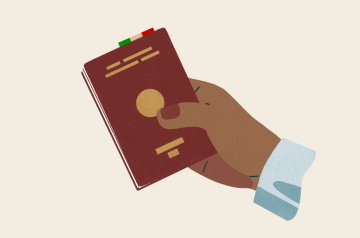
6. Get a TIE
The TIE (Foreigner Identity Card) is the document verifying that you have permission to legally stay in Spain. It shows your photo, your details, and the type of residency that you have in the country.Although many people get them confused, the TIE is not the same as the NIE. The TIE verifies that you are a legal resident in Spain, while the NIE is just an identification number at the administrative level.
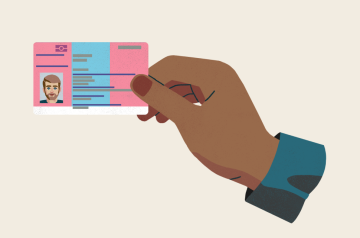
7. Understand the cost of living
Most people worry about getting to Spain but not about the costs, which are essential for making ends meet. Prices vary a lot depending on the area, mostly in terms of public transport and accommodation, but other expenses are more standard.To give you a ballpark figure, your new life in Spain could cost you between €820 and €1,100 per month, per person.
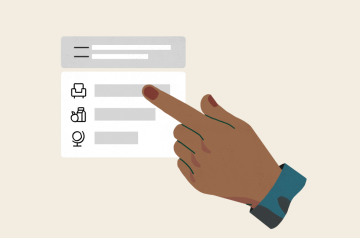
8. Get to know the special procedures for self-employment
If you’re an entrepreneur at heart, you should know that there are different procedures to register as self-employed in Spain. Like everything, there are advantages and disadvantages compared to working for a company.Being a foreigner, you’ll have to meet certain criteria such as not residing irregularly in the country, not having a criminal record, and having sufficient financial resources for your upkeep and accommodation, among other things.

9. Learn about the different types of taxes
If you thought you’d see the end of taxes, we’re sorry to disappoint you: They’ll be part of your journey in emigrating to Spain too. Based on your situation in the country, you’ll have to pay some taxes but not others. Most types of taxes are paid by everyone, but other taxes relate to special situations (self-employed people, for example).Before landing, it’s worth starting to get to know them and doing the math.
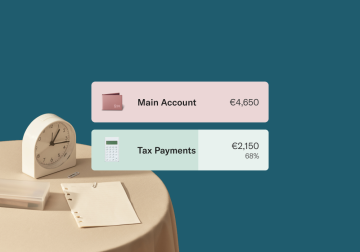
10. Get to know the different types of work contracts
Spain is a country with many employment opportunities and different ways to earn a living, which translates into different contract models. It’s a good idea to take a look at them and get to know which fits your situation best.The most important thing is to understand that you have the same labor rights and obligations as any Spanish national, beyond the fact that you have to present documentation related to your residency to be able to apply for a job.
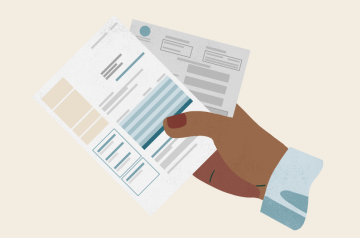
Opening a bank account in Spain
If you’re planning to move to Spain, opening a bank account will almost certainly make your life easier once you get there. Even if you don’t need it for your day-to-day expenses, you’ll quickly realize that a Spanish bank account is a must for paying taxes and bills, receiving your paycheck, or buying real estate in Spain.
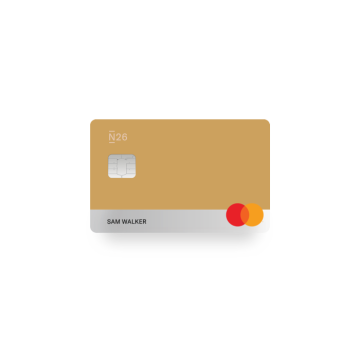

Madrid
Plan your move to Madrid with the advice you will find in our article.
Being Expat in Madrid

Barcelona
Discover the secrets of Barcelona and start your new life in Spain on the right foot.
Being Expat in Barcelona
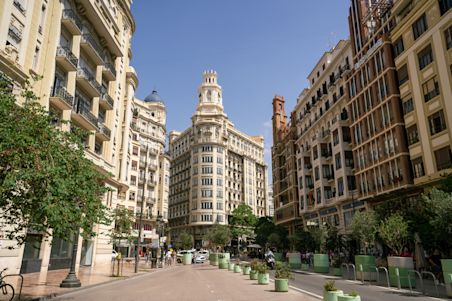
Valencia
Consult our guide to Valencia and get ready to move to Spain.
Being Expat in Valencia
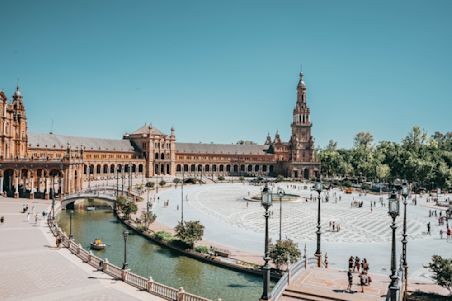
Seville
Everything you need to know to move to Seville.
Being Expat in Seville
Find a plan for you
N26 Standard
The free* online bank account

Virtual Card
€0.00/month
A virtual debit card
Free payments worldwide
Deposit protection
POPULAR
N26 Go
The debit card for everyday and travel





€9.90/month
Up to 5 free withdrawals in the Eurozone
Flight and luggage delay cover
Medical emergency cover
Winter activities insurance
Pandemic coverage
N26 Metal
The premium account with a metal card



€16.90/month
An 18-gram metal card
Up to 8 free withdrawals in the Eurozone
Purchase protection
Phone insurance
Dedicated N26 Metal line
Learn more about moving to Spain
How do you move to another country? 6 steps to get you ready for moving abroadIf you’re thinking of moving abroad, read on to discover our checklist of what to consider before starting your big adventure.
Moving Cost CalculatorThe easiest way to get an estimate for your move with our moving cost calculator.
An Expat’s Guide: how to open a bank account in SpainExpats take note: read this guide to discover how surprisingly easy it can be to open a bank account in Spain.
Being expat in another country
Moving to Germany: The Complete Guide and ChecklistFrom getting health insurance, to opening a bank account and renting an apartment: We got you covered with our guide on moving to Germany.
Moving to France: a Practical How-to GuidePlanning to move to France? Read our articles to get the need-to-know info before you go — so you can focus on settling into your new home country.
Move to Italy: 7 things to know before movingThinking of moving to Italy? Before embarking on the trip, you should read this guide, covering all the needs and obstacles you might face when moving to Italy.



